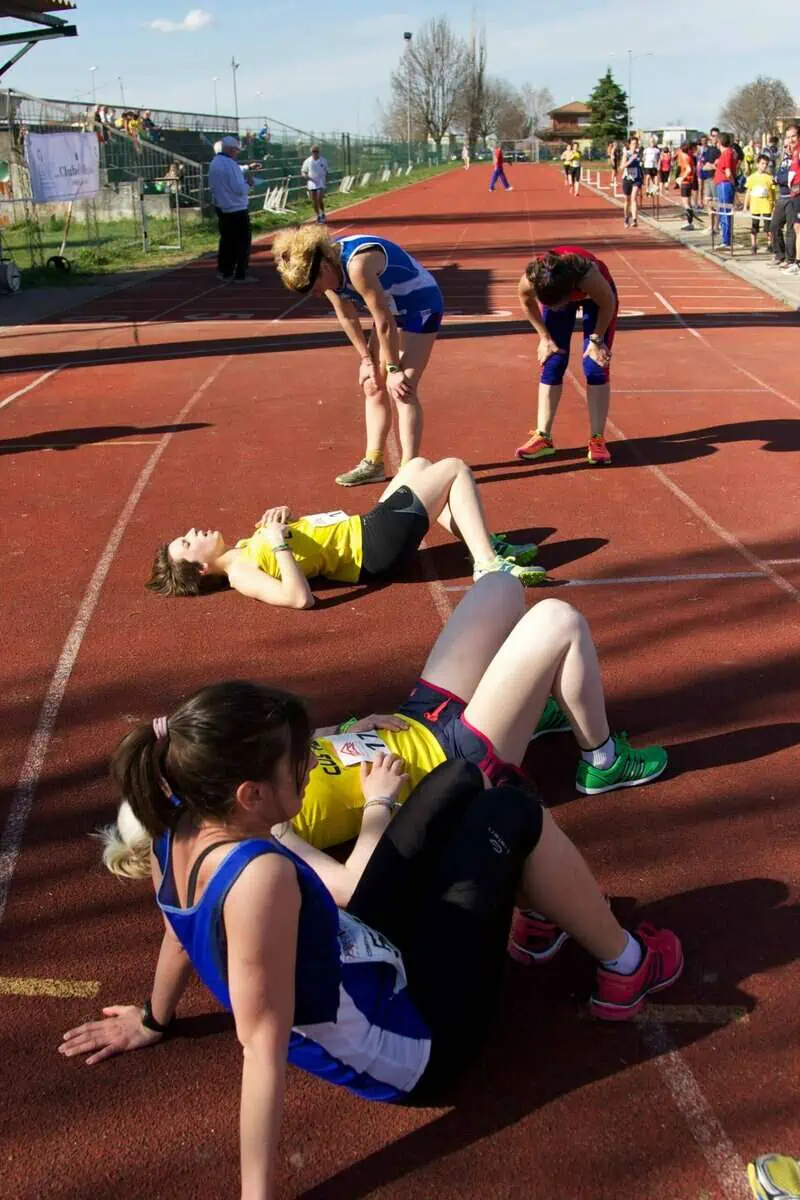The first step to beating the clock is knowing why you are not finishing before time runs out. Here are the reasons why students do not finish. And how they can fix it.
1. Strategy

2. Knowledge
When students do not know a topic well, they take longer on it. If students know and have practiced grammar, for instance, then they can answer these questions systematically and with greater speed: they can recognize verbs in the answer choices, know that the question is either testing verb tense or subject-verb agreement, and immediately know to look for the tense of the surrounding verbs and/or locate the subject to see if it matches with the verb. When you know what to do, you are not only more accurate but also faster.
3. Practice
Imagine you are practicing tennis. You have a machine shoot ball after ball to you, and you practice all the different strokes: dropshot, slice, topspin, etc. After 
4. Reading Speed

Although knowing the right strategies can help a lot, increasing the amount someone reads is one of the best ways to get better at tests because there is reading on every section of every test. Being able to read, process, and quickly understand what is written is even helpful on the Math section because some of the questions on this section have very long word problems. Thus, reading quickly with comprehension is very helpful on every section. If you struggle with reading speed, try to find good books (any genre of book is fine) and have fun. Whatever books you read will make you a better, faster reader.
5. Taking the Real Test Differently
When I do a practice test, I get an answer, put the answer down, and move onto the next question. But, what I caught myself doing when I took the real SAT and ACT (before tutors were banned from doing so) was getting an answer, double-checking it for a few seconds, putting the answer down, and then moving onto the next question. I was doing this because the answers on the real test matter; whereas I knew that making a silly mistake on a practice test was inconsequential. However, the preceding is actually what NOT to do. Those extra few seconds of double-checking on the real tests completely changes a student’s pacing. Double-checking answers (unless students do so in practice) will often make students run low on time and have to rush or not finish the end of a section. In whatever way students take a practice test, that is how they need to take the real test on test day. Students need to be conscious of the tendency to take longer on the real test so that they actively avoid doing so. Remind yourself: Just do what you’ve practiced countless times before. You’ve got this.
6. Extended Time
If a student is significantly running out of time, then it could be an indication that they require extended time. It’s rare that a student makes it to junior year without ever being diagnosed with a 
For every problem on the SAT and ACT, there is a solution. That applies to taking the tests as well. The solution might be a lot of hard-work and practice. But, it’s there for the taking for those who will seize the opportunity – and conquer it.








